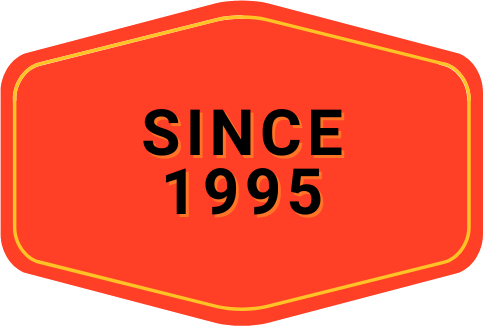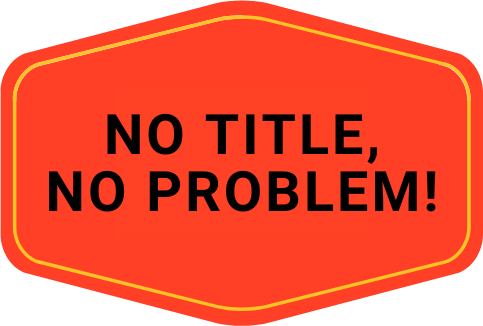When you sell your old junk car, it may seem like the end of an era of personal or professional memories related to that vehicle. But the journey of your car’s components is far from over. The automotive recycling industry has put in place extensive systems to ensure that almost every part of your vehicle finds a new purpose, helping the environment and providing valuable raw materials for new products. Let’s delve into what happens to the parts of your junk car once it’s sold through a cash for junk cars deal.
Dismantling the Vehicle
The first step in the process after a cash for junk cars deal is the dismantling of the vehicles at a salvage yard or recycling facility. Skilled workers carefully remove usable parts such as the engine, transmission, and wheels. These parts are cleaned, refurbished, and often sold to garages or car owners looking for affordable vehicle components. This not only reduces waste but also provides a cost-efficient option for those repairing cars, keeping valuable parts in circulation rather than sending them straight to the landfill.
Recycling the Structure
After reusable parts have been salvaged, the remaining car structure undergoes a rigorous recycling process. Metal is one of the most important materials in this phase. According to Big News Network, almost 100% of cars in the U.S. are recycled, and reshaped in the manufacturing process once they have been turned into raw materials. This metal can be molten down and reused in various industries, including construction and new car manufacturing, contributing to a more sustainable industrial ecosystem.
Processing Plastics and Glass
Not only metal but other parts of the car, like plastics and glass, also find new life. Plastics can be processed and repurposed into new automotive or household products. Similarly, the glass from windows and windshields is often crushed and used in the production of fiberglass or glass tiles. Such recycling efforts underscore a commitment to conserving resources and minimizing environmental impact by reducing the need for virgin materials.
Draining and Refining Fluids
Beyond the mechanical components and raw materials, even the fluids in your junk car undergo proper handling and recycling. Substances like engine oil, transmission fluid, antifreeze, and brake fluid are carefully drained and either refined for reuse or disposed of in an environmentally safe manner. Many recycling facilities work to prevent these fluids from contaminating soil and water sources, ensuring they do not contribute to pollution. In some cases, used motor oil can even be reprocessed into fuel or lubricants, reducing the demand for fresh petroleum products.
Recovering Electronic Components
Additionally, modern recycling efforts focus on recovering rare and valuable materials from electronic components. Car batteries, for example, contain lead and other hazardous substances, which are extracted and repurposed to make new batteries. Similarly, the electronic modules and sensors within vehicles may house precious metals like gold, silver, and palladium, which are carefully harvested and reused in electronics manufacturing.
Getting cash for junk cars does not spell the end of your vehicle but rather marks the beginning of a new chapter for its components. By participating in this cycle, you’re contributing to an industry that not only thrives on sustainability but also underlines the importance of responsible consumption and production. If you’re interested in getting cash for junk cars, contact Victor’s Towing today!



